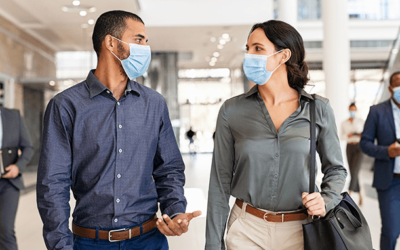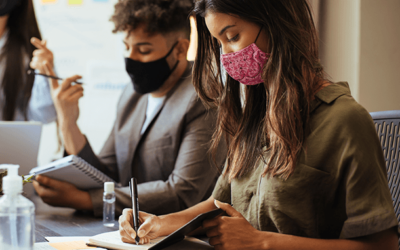Discover personalized healthcare with Concierge Medicine: unparalleled access, tailored care plans, and proactive wellness.
Concierge healthcare articles
An Eight-Step Guide to Choosing a Concierge Medicine Physician
Written by Jeffrey Carr, Senior Vice President of WorldClinic In the ever-evolving landscape of healthcare, concierge...
Five Compelling Trends to Watch for in 2024 with Concierge Medicine and Healthcare Membership Models
Written by Jeffrey Carr, Senior Vice President of WorldClinic Embarking on a journey into the realm of healthcare, we...
Three Years Since The World Wide Pandemic
COVID cases and hospitalization rates had a relatively small peak in early January but have been steadily down in North America since.
Brief Health Issues Update
Globally, there are about 38,000 cases of Monkeypox, in Europe there are roughly 19,000 cases and in the US there are nearly 13,000.
COVID-19 Vaccinations, Booster Shots, and Black Fungus
In most of the world, the steady improvement trends continue. Even India has seen rates fall to roughly half of where they were 3 weeks ago.
Respiratory Disease Update
In the United States, as of last week, about 70% of counties in the country have moved to the CDC “low community impact” designation
COVID-19 Epidemiology and Common Questions
In the US, over half of all new COVID cases appear to be due to the Delta variant and that will likely continue to increase.
COVID-19 Case Rates, Vaccines, and Treatments
In the United States, COVID-19 case rates have decreased to three cases per hundred thousand per day.








